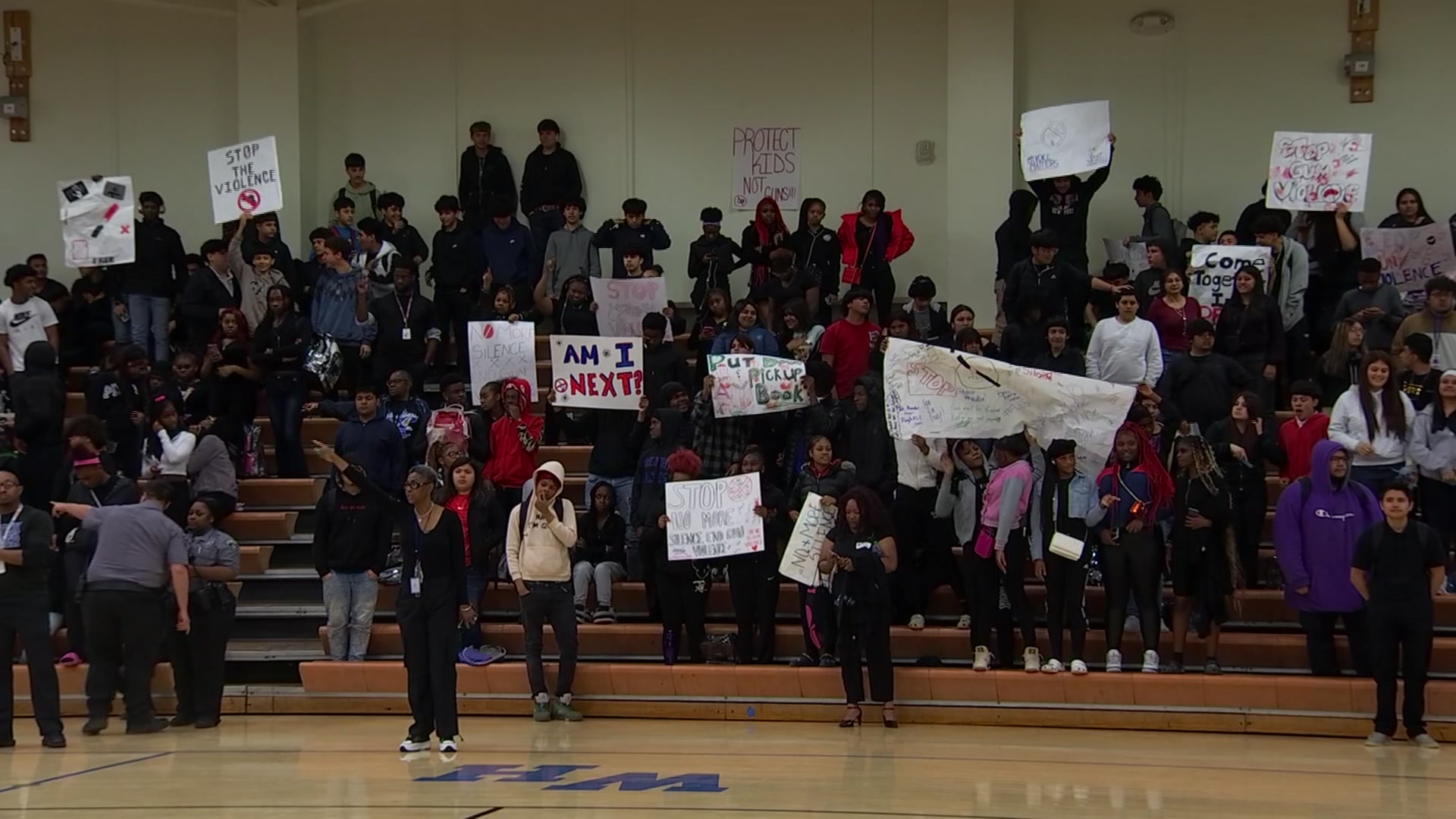As we hear of new store closures almost every month this year, it's clear that 2020 could be the year of bankruptcies.
Neiman Marcus, JCPenny, and Pier 1 – all of which are headquartered in North Texas – are just some of the corporations that have already filed for bankruptcy.
MoneyGeek, a personal finance online publication, just released an in-depth analysis on personal and commercial bankruptcies that are taking place during the pandemic. It includes some concerning data for Texas.
The state has the highest rate of Chapter 11 bankruptcies in the nation.
More than 650 were filed in just the first five months of the pandemic, double the amount from the same time last year.
Click here to read more in MoneyGeek’s analysis.
Most of these filings are for energy companies, as oil prices have dropped due to travel restrictions and a sudden drop in energy consumption.
Local
The latest news from around North Texas.
Henry Sommer, president of the National Consumer Bankruptcy Rights Center, said that's spelling out potentially bad news for the Texas economy.
"Texas is facing sort of a double whammy,” he said. “Because not only do you have the same economic problems that the rest of the country has, but in addition, you have these oil and gas industry problems -- which have always been kind of a boom and bust industry and right now. That bust is coinciding with the national unemployment rate. So when you put those two things together, I think Texas is going to be hard hit."
MoneyGeek's analysis shows that across the country, Chapter 11 filings are up more than 50% from this time last summer.
“What we’ve observed is a lot of businesses are filing for bankruptcy because they’ve closed. A lot of restaurants, retailers and people in the travel industry have closed and they can’t hang on,” Sommer said. “It has a ripple effect because some of those businesses will close and some of them may re-organize with fewer workers. They have suppliers who may be owed money who aren’t going to get paid.”
Texas also has the sixth most personal bankruptcies in the nation.
The study does point out that personal bankruptcies have declined in most states compared to prior periods since the start of the pandemic. However, that's due in part to court closures artificially slowing bankruptcy proceedings.
Stimulus money for both families and businesses in the coronavirus relief bill has also helped ease the economic strain in some ways, but it has only temporarily offset those losses.
Sommer said as eviction moratoriums run out and stimulus money runs dry, we could see an increase in both personal and commercial filings.
“There’s going to be a flood of them when a lot of these relief programs end. We’re beginning to see a lot of that,” Sommer said.
Although businesses have closed and families have been evicted after not being able to pay rent, Sommer said it will be interesting to see the economic trends for landlords.
“If a lot of rent is owed, the landlord evicts the family and then they’re not going to collect that rent. So they may be willing to forgive some of it because if they evict family, then they’re going to go another month or two looking for another tenant and they’re not going to collect the back rent,” he explained.
Some cities are working on diversion or mediation programs where they try to help landlords and tenants find an agreement to avoid eviction.
Additionally, Sommer said there are bills in Congress with provisions that will help people to avoid foreclosures.
“In a lot of cases with the federally back mortgages -- which is about 60% of them -- they’ll put those missed mortgage payments at the end of the mortgage. That would be a good thing because that means people can just pick up their payments without having to worry right now about the missed payments,” he explained. “But a lot of the other mortgage companies are going to say, ‘You have a very short period of time to catch up or we’re going to foreclose.’ In those cases, people may need Chapter 13 bankruptcy, which allows people to catch up on their mortgage over three to five years. There’s some bills in congress right now that would extend that to over seven years.
He added that it’s important for people to plan ahead if they feel like they might be in financial trouble during this difficult era for the economy.
“If they think they are going to have a lot of trouble paying their debts and not be able to catch up pretty quickly, it’s important to consult a bankruptcy lawyer sooner rather than later,” he said. “There’s a lot of mistakes people can make. They may refinance a home and get a mortgage which can’t be eliminated in bankruptcy in order to pay debts that can be eliminated in bankruptcy. Or they may dip into their retirement funds, which is protected in bankruptcy, and use that to pay debts and then still have to file bankruptcy.”
The National Association of Consumer Bankruptcy Attorneys has a list of resources for people who need help.



